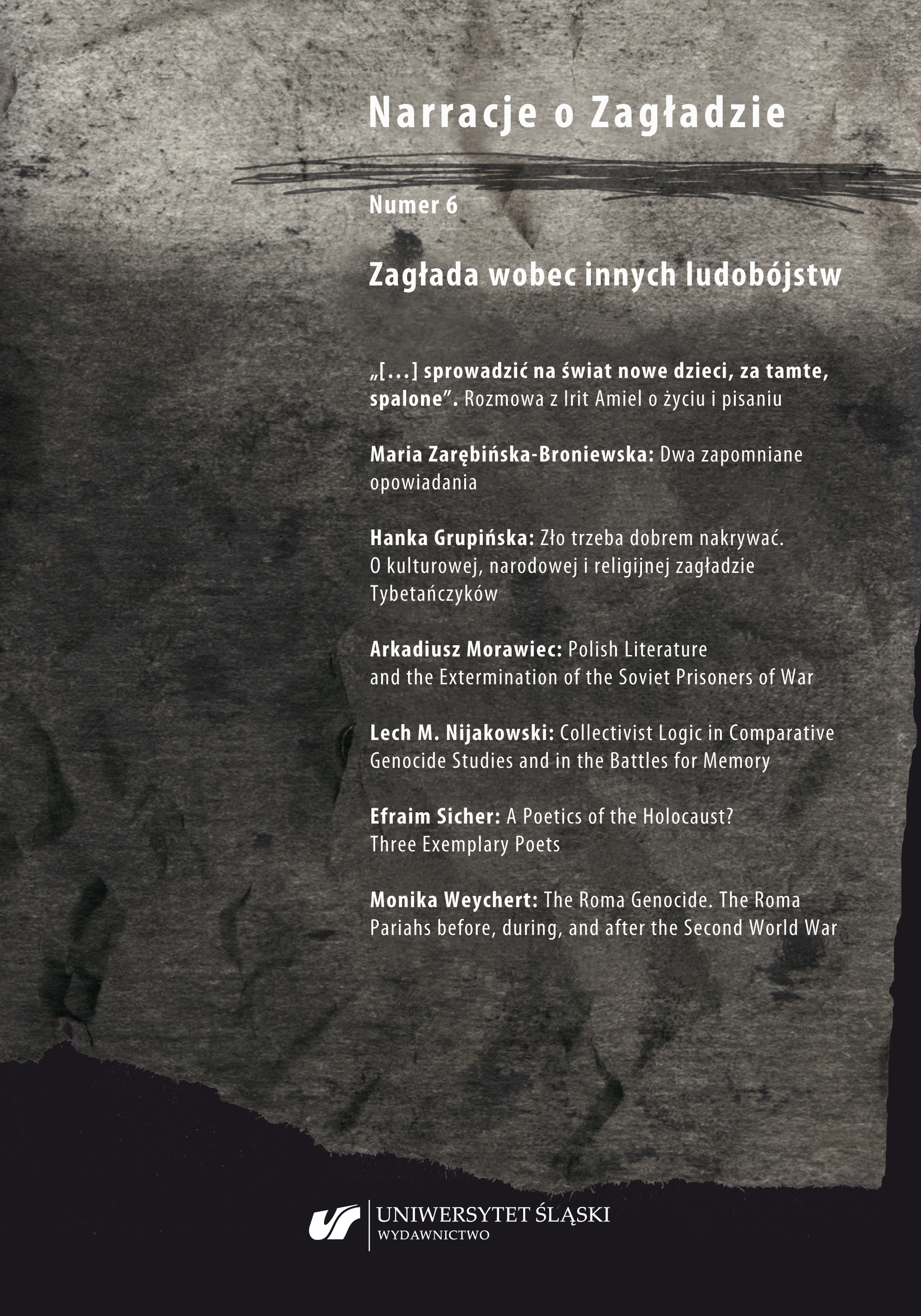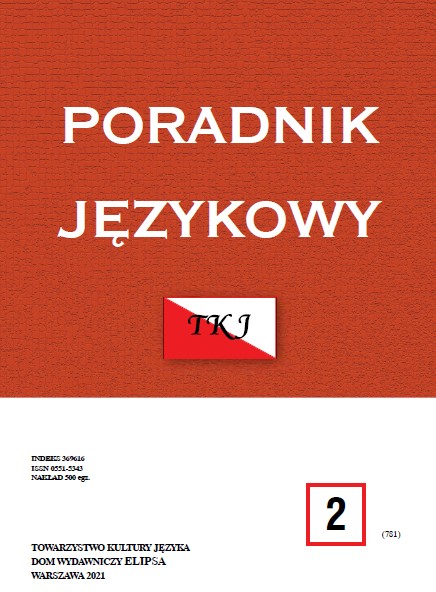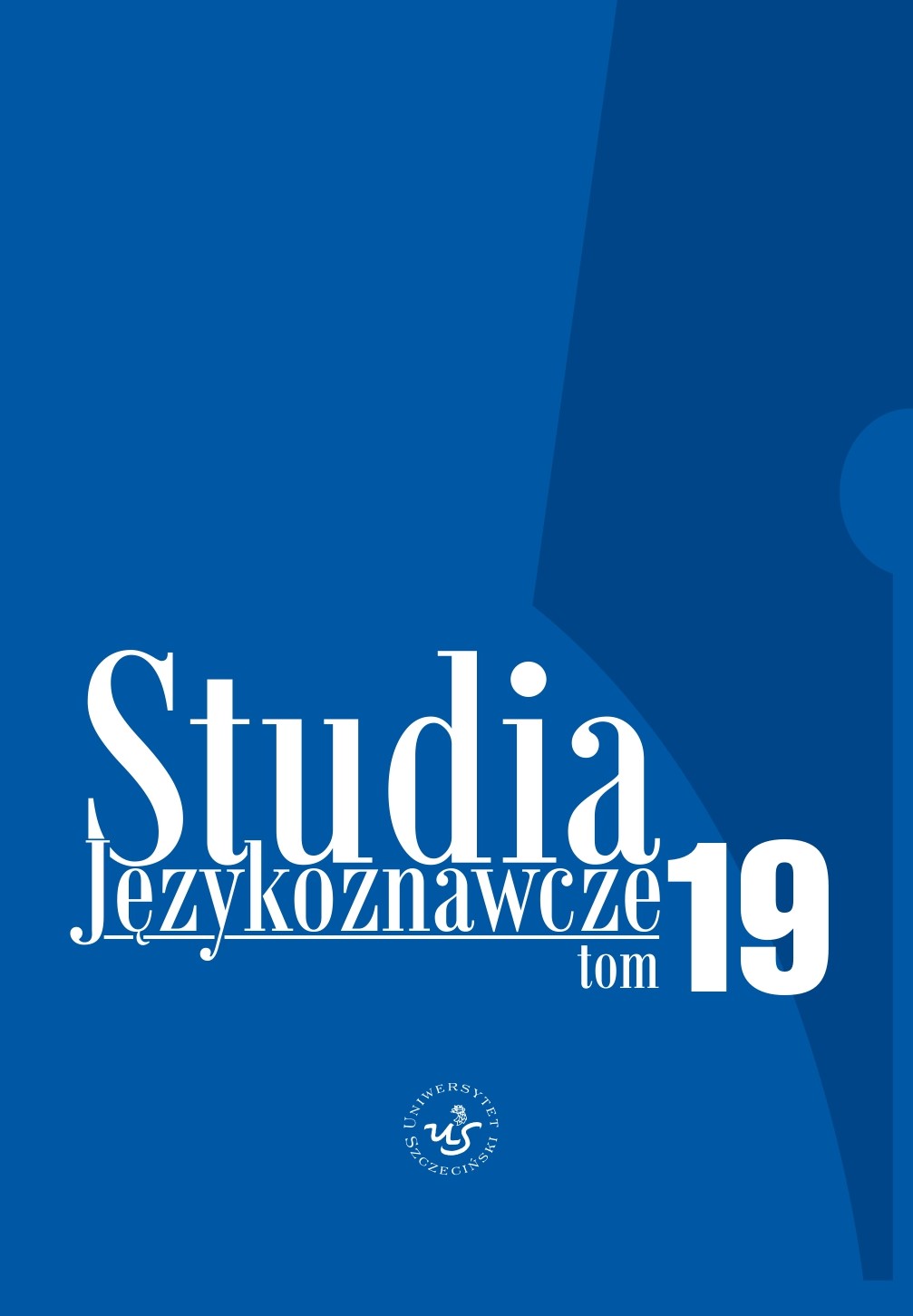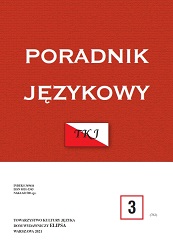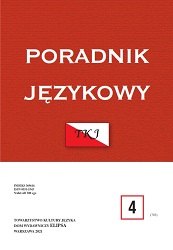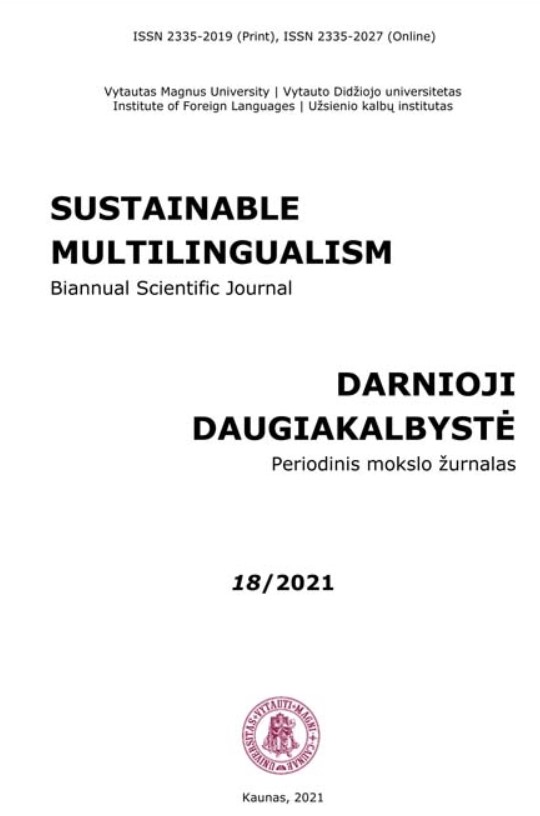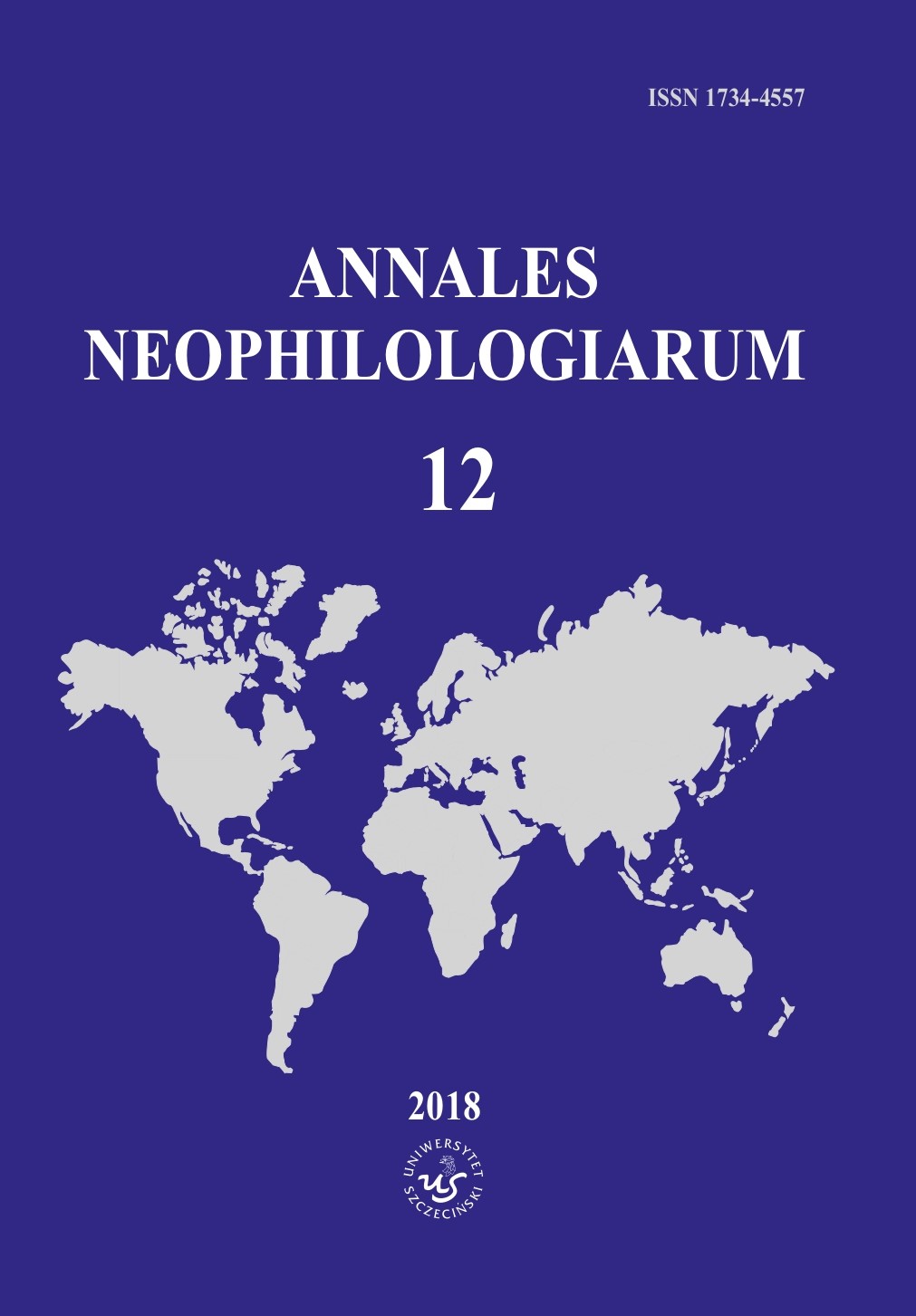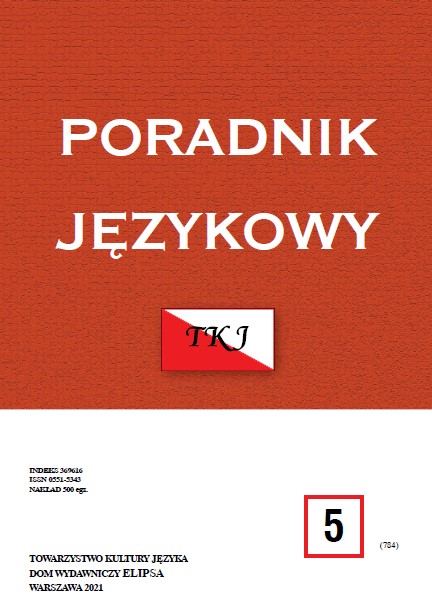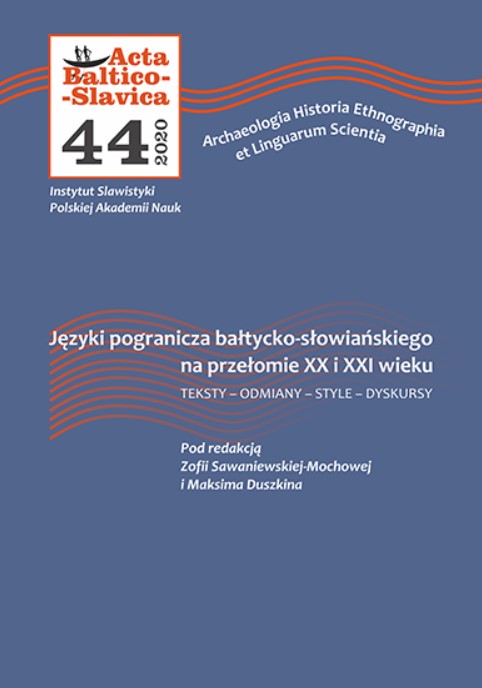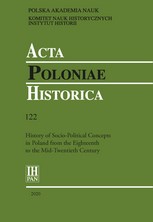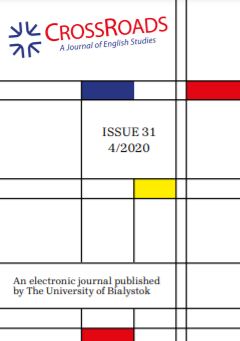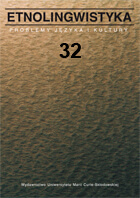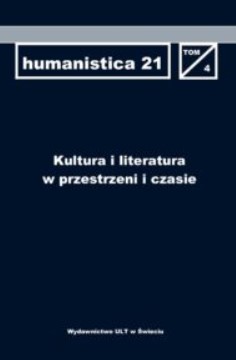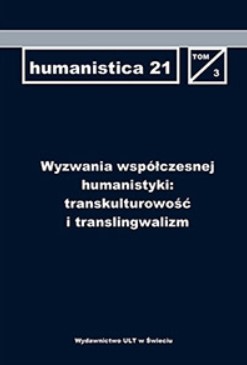Author(s): Piotr Mirocha / Language(s): Polish
Issue: 32/2020
The cultural concepts of Wschód (East) and Zachód (West) are products of contemporary, modern Polish languaculture, one that significantly shapes contemporary social and political discourses. A reconstruction of the cognitive definitions of these concepts, along with their profiles, can thus lead to a better understanding of the two kinds of discourse. In accordance with the principles of the cognitive definition, couched within the framework of the Lublin Ethnolinguistic School, the analysis is based on data from dictionaries, texts, and questionnaires. Four major dictionaries of Polish have been surveyed, as well as questionnaires conducted for the 1990 and 2000 editions of the Axiological Lexicon, along with a random selection of texts from the National Corpus of Polish, from internet editions of the press, from belles-lettres, and essays. After a detailed analysis of the systemic data, facet-based cognitive definitions of the two cultural concepts are constructed. For the concept of Wschód (East), the facets include location, economy, reasons for going East and returning, the role of East for Poland, the characteristics of its inhabitants and of the East as space. In the case of Zachód (West), instead of inhabitants and space, the relevant facet is that of values. The last part of the article prosents the profiles of these concepts, which correlate with ideological orientations in the press and in politics: the liberal profile (the West is good, it is associated with personal freedom, human rights, democracy and the rule of law; the East is negative, it ignores the rule of law and standards of liberal democracy); the right-wing profile (the East is evaluated similarly to the liberal profile, whereas the West is portrayed as Poland’s “moral debtor”); the Catholic-national profile (the East is a threat, the West is characterised by materialism and a degradation of values); the everyday-living profile (the West is wealthy, the East is poor).
More...
